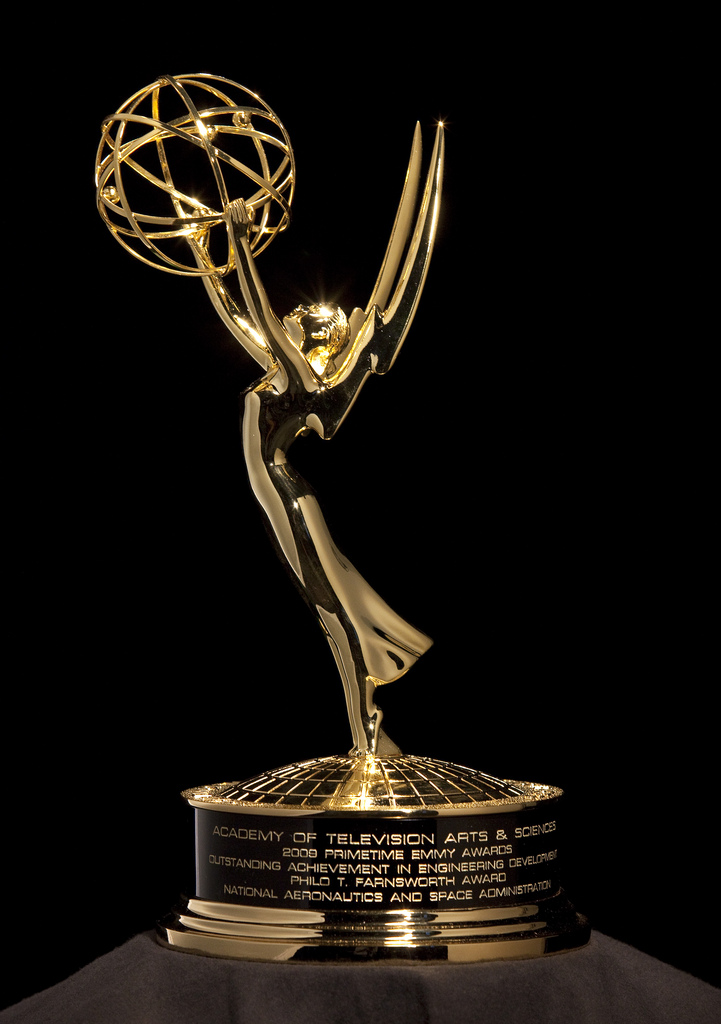
It’s one of television’s greatest enigmas: how can a performance encapsulate an era, capture the zeitgeist of pop culture, and yet remain Emmy-less? Every year, the Primetime Emmy Awards honor the best of television, yet their record is far from perfect. With every well-deserving winner, there’s a cringe-worthy snub that audiences still bring up decades later.
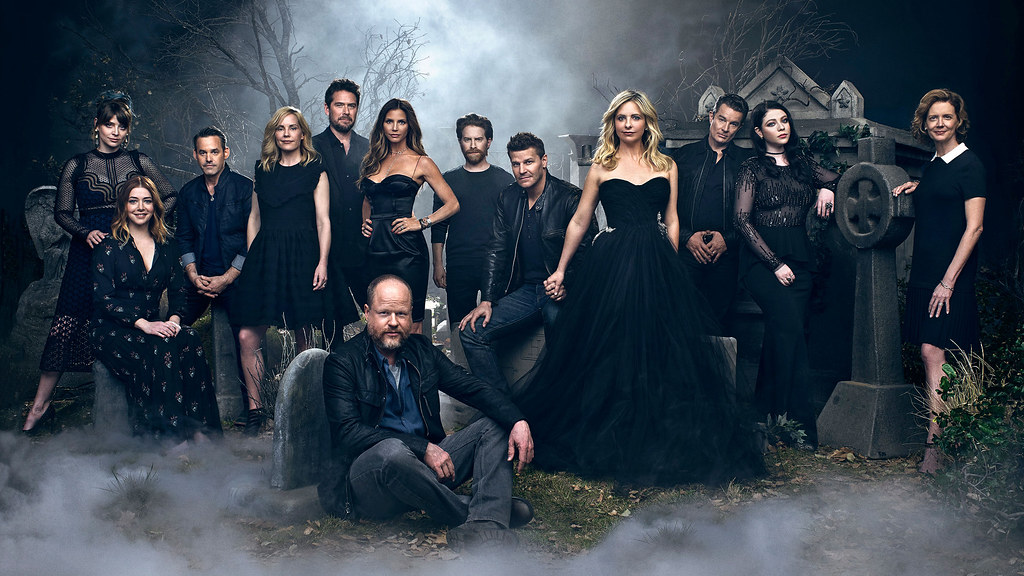
These are not minor oversights but the type of snubs that make industry professionals shake their heads in wonder and viewers wonder what Emmy voters are actually seeking. Some of these actresses were the lifeblood of their series, shouldering entire seasons on their backs. Others pushed boundaries in genres the Emmys have long undervalued. And still, the gold statue never beckoned.
From vampire slayers to small-town coffee princesses, here are seven unforgettable performances that the Emmys somehow overlooked and why those snubs still hurt.
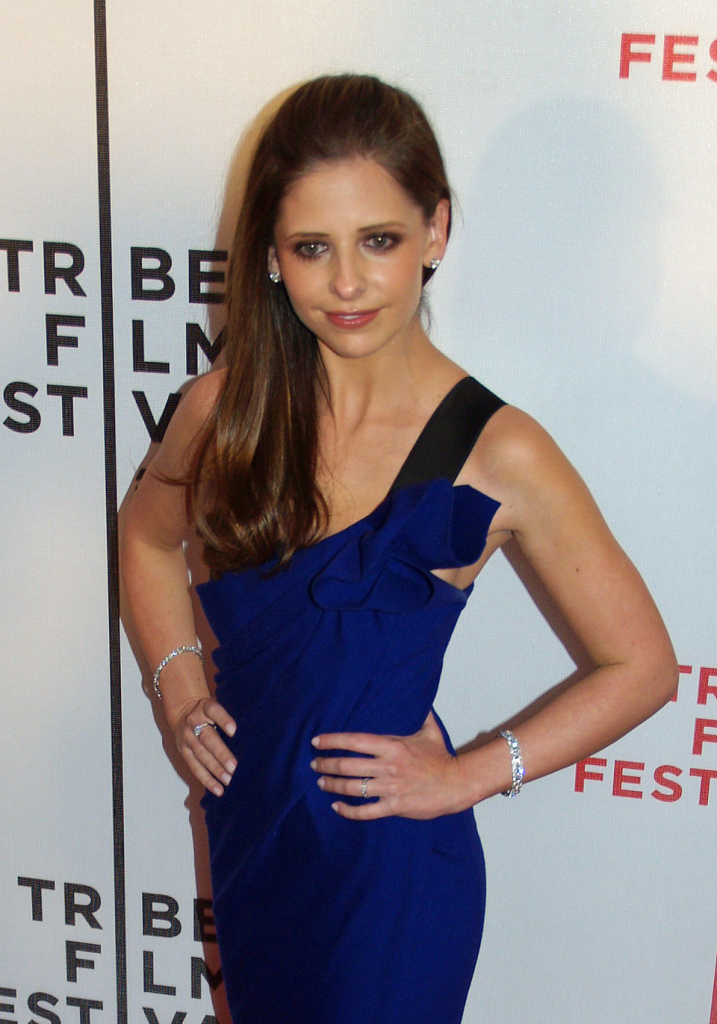
1. Sarah Michelle Gellar – Buffy the Vampire Slayer
Sarah Michelle Gellar wasn’t only acting as Buffy Summers in the late ’90s she was becoming a cultural icon. She brought depth, cleverness, and raw emotion to her take on a teenage girl juggling high school angst and the actual apocalypse. Critics were impressed at her skill in switching from high-octane fight choreography to heartbreaking vulnerability on a dime.
Even though the show received critical acclaim and a groundbreaking episode like “Hush” received a writing nomination, Gellar herself never got an Emmy nomination. Industry observers credit the Emmys’ long history of bias against genre shows, particularly those with sci-fi or supernatural elements. As pointed out in recent commentary, genre performers tend to get ignored unless the series is marketed as “prestige drama.” Buffy’s combination of horror, comedy, and teenager angst didn’t follow the formula making Gellar’s snub one of the most egregious in Emmy history.
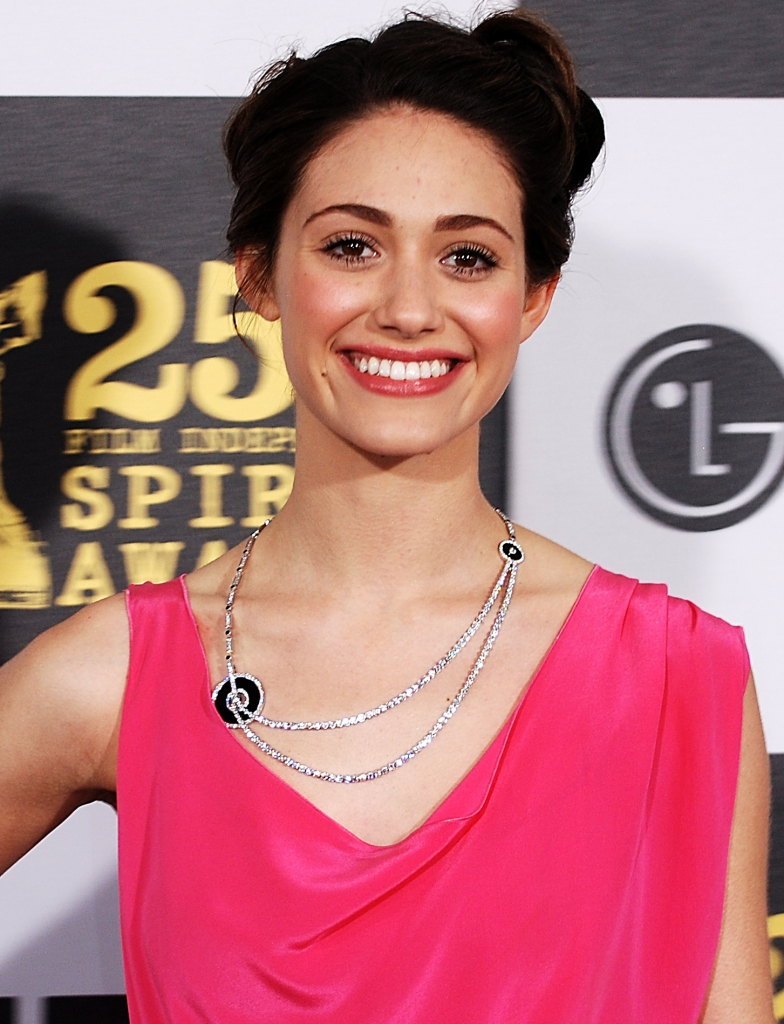
2. Emmy Rossum – Shameless
For nine years, Emmy Rossum’s Fiona Gallagher was the linchpin of Shameless. She personified the mayhem and determination of a young woman bringing up her siblings in Chicago’s South Side, performing raw, untidy, and heart-breakingly human.
While co-star William H. Macy accumulated several nods, Rossum was repeatedly overlooked. The snub is particularly egregious considering that Fiona’s storylines frequently bore the emotional burden of the series. Her omission from the Emmy ballot serves as a reminder that voters will sometimes prefer flashier, more conventional roles to solid, working-class stories even when they are performed with uncommon ability.
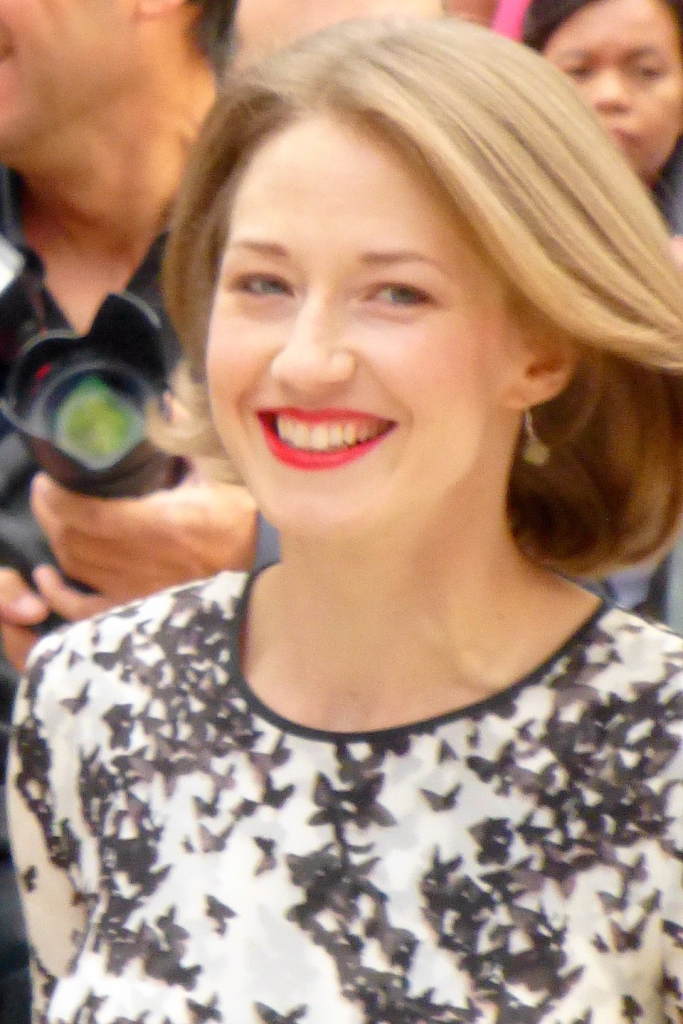
3. Carrie Coon – The Leftovers
HBO’s The Leftovers was a critic’s darling, but Carrie Coon’s performance as Nora Durst was something else altogether. Portraying a woman who outlived an entire family in the Sudden Departure, Coon walked through a gamut of grief, anger, hope, and acceptance with a ferocity that took viewers breath away.
The part required emotional depth few performers ever get to experience, leading up to a series finale performance many critics deemed transcendent. Still, despite almost universal acclaim, Coon was never nominated for an Emmy for the show. This exclusion is commonly listed among other instances of the Emmys’ propensity to shortchange performances on shows that don’t fit neatly into a box.
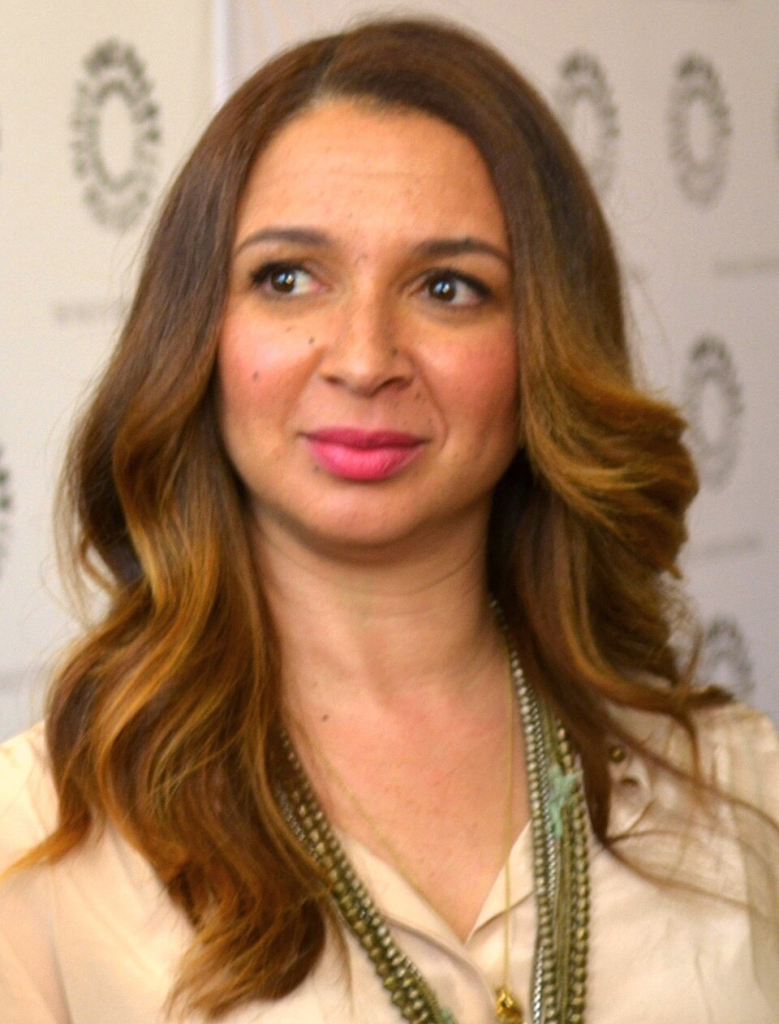
4. Maya Rudolph – Saturday Night Live
Before she was collecting Emmys for her later work, Maya Rudolph spent seven years on Saturday Night Live serving up pitch-perfect impressions of everyone from Beyoncé to Oprah. Her timing, musicality, and capacity to make even the most ridiculous sketches work made her one of the show’s most valuable players.
While she was working, though, the Emmys weren’t used to honoring solo SNL cast members as actors. That changed after she departed, so her work went mostly unrewarded during her time. It’s one of those old adages about being ahead of the times Rudolph’s talent was there the entire time, but the awards world had not yet caught up.
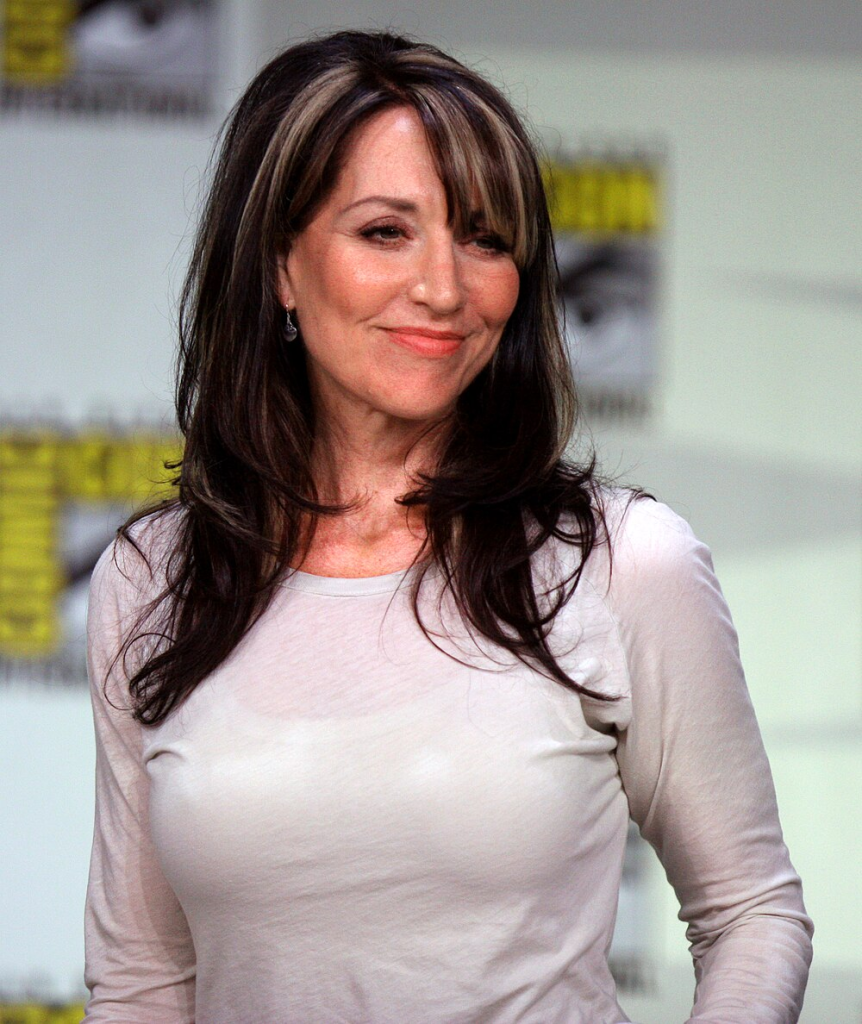
5. Katey Sagal – Married. with Children & Sons of Anarchy
Katey Sagal accomplished a feat that rarely happens: she created two iconic television characters in entirely disparate genres. As Peg Bundy on Married. with Children, she was a TV sitcom star with razor-sharp comedic skills. Years later, she became Gemma Teller Morrow on Sons of Anarchy, a cunning mother who manipulated her way to produce much of the drama.
Even with her critical success and Golden Globe award for Sons, Sagal never received an Emmy nomination for either part. Sons of Anarchy specifically endured what creator Kurt Sutter has referred to as “emotional and spiritual depletion” from being passed over for an Emmy repeatedly a fate that indiscriminately befell its powerhouse lead actress.
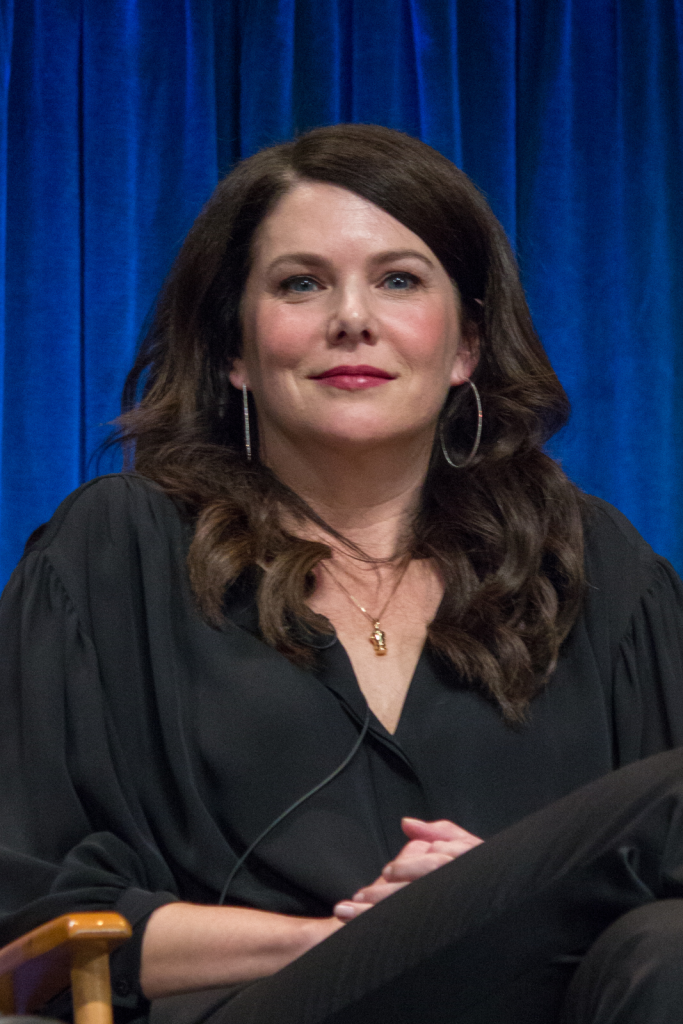
6. Lauren Graham – Gilmore Girls
As Lorelai Gilmore, Lauren Graham used quick-fire dialogue, boundless charm, and emotional complexity to turn Gilmore Girls into a millennial touchstone. She conveyed the contradictions of a character who was simultaneously best friend and imperfect parent, combining humor and heartfelt emotion.
The Golden Globes and SAG Awards celebrated her work, but the Emmys never did. As great as the show is, and as important of a part Graham played in making it successful, it is surprising that she is not on the nominee list particularly in a category that tends to favor less complicated comedic turns.
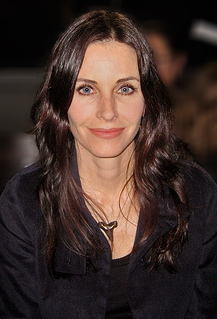
7. Courteney Cox – Friends
Friends is still among the greatest all-time sitcoms, but Courteney Cox did not receive Emmy love. Though each of the other main cast members was nominated for acting a minimum of once throughout the show’s run, Cox, who portrayed Monica Geller’s delightfully competitive nature, was not.

She went on to confess on Howard Stern’s SiriusXM program that being the sole one snubbed “definitely hurt my feelings.” Given Monica’s lead role in the ensemble and Cox’s flawless comedic timing, her exclusion is one of the most intimate and bewildering snubs in Emmy history.
Award ceremonies will always be weird, but certain snubs leave an impression that time cannot erode. These seven actresses gave performances that defined television, moved viewers, and, in most instances, redefined their respective genres. Due to prejudice, timing, or a change in industry, tastes the Emmys lost their opportunity to reward them testifying that while statues are wonderful, real legacy is established on the work itself.


